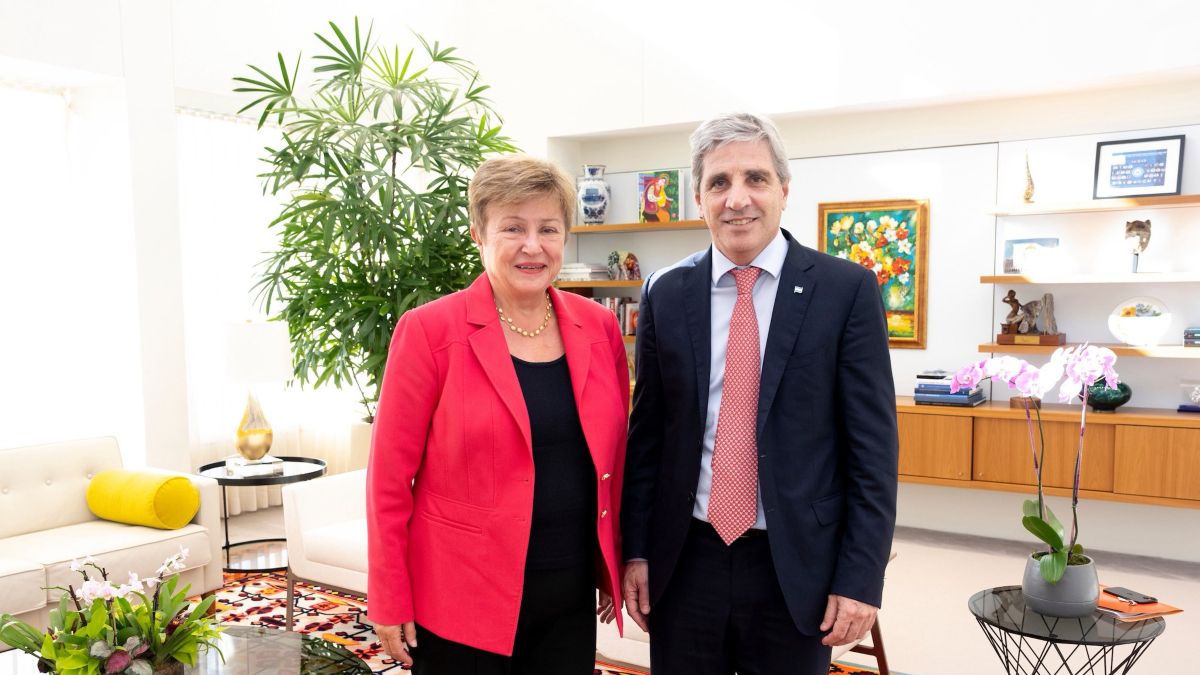Jane Stock is a technology author, who has written for 24 Hours World. She writes about the latest in technology news and trends, and is always on the lookout for new and innovative ways to improve his audience’s experience.
Menu
Inflation: Scholz plans tax-free one-time payment as compensation
Categories
Most Read
How to apply to the DNI account discount on butchers this Saturday, October 11, 2025
October 8, 2025
No Comments
This is the bank that pays more interest this Wednesday, October 8
October 8, 2025
No Comments
Cockpit Association: Top-level talks aim to avert strike at Lufthansa
October 8, 2025
No Comments
Expensive four-legged friends: Pet food has been more than a third more expensive since 2020
October 8, 2025
No Comments
Interest rates are stabilized and you win if you invest $ 1,000,000 to 30 days
October 8, 2025
No Comments
Latest Posts

Bear rioted in Japanese supermarket
October 8, 2025
No Comments
Video footage shows the bear on the way to the supermarket. The bear almost climbed into the fish freezer. The predator suddenly appeared in the

How children perceive their parents when they are little and why that feeling changes as they grow up
October 8, 2025
No Comments
October 8, 2025 – 16:00 During different stages of life, emotional maturation, the search for independence, and life experiences affect intrafamily ties. freepik During the

Kristalina Georgieva praised the Government’s adjustment as an example in the world, but left a warning ahead of the elections
October 8, 2025
No Comments
October 8, 2025 – 15:55 The managing director of the IMF is part of the negotiating tables between Luis Caputo’s economic team and US Treasury
24 Hours Worlds is a comprehensive source of instant world current affairs, offering up-to-the-minute coverage of breaking news and events from around the globe. With a team of experienced journalists and experts on hand 24/7.

